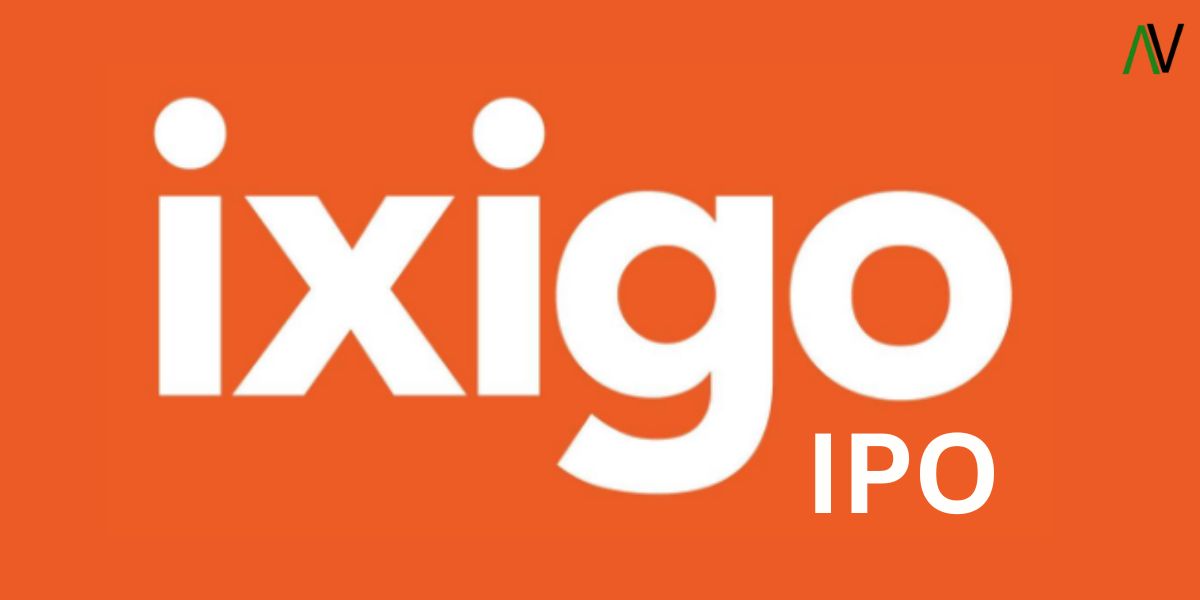What is an IPO (Initial Public Offer)?
An Initial Public Offering (IPO) is a financial event in which a private company for the first time makes its shares available for public purchase and trading on a stock exchange. An IPO transforms a company from a privately held entity with ownership typically limited to a small group of investors to a publicly traded entity with shares available to a broader range of investors. This procedure involves the issuance of new public shares and frequently allows existing shareholders, such as company founders and early investors, to sell some of their shares. The proceeds from the IPO are typically used to fund business expansion, debt repayment, or other corporate purposes. The IPO process entails regulatory compliance, extensive financial disclosures, and coordination with investment banks that underwrite and facilitate the offering.
How IPO Works ?
An Initial Public Offering (IPO) is a complicated process by which a privately held company becomes publicly traded on a stock exchange. To launch an IPO, the company typically hires investment banks to underwrite and manage the offering. The company and its underwriters collaborate to determine the number of shares to be offered to the public and their initial price. The company must then register with the relevant securities regulatory authorities, such as the Securities and Exchange Commission (SEC) in the United States, and provide extensive financial disclosures in a prospectus. The IPO includes a “roadshow,” in which company executives and underwriters present the investment opportunity to potential institutional investors. On the IPO day, the company’s shares are made available for public trading on the stock exchange, with the opening price determined by market demand. The funds raised from the sale of IPO shares can be used for a variety of purposes, such as expanding operations, paying off debts, or investing in research and development. Following the IPO, the company’s performance is closely monitored by shareholders, analysts, and the general public, with the stock price reflecting market perceptions of its future potential and financial health.
Best IPO Investment Opportunities To Watch Out For In 2024
| IPO Issuer Company | Open Date of IPO | Close Date of IPO | IPO Issue Price (Rs) | IPO Issue Size (Rs Cr.) | IPO Lot Size | IPO Exchange |
| Addictive Learning Technology Limited IPO | Jan 19, 2024 | Jan 23, 2024 | 130.00 to 140.00 | 60.16 | 1,000 | NSE SME |
| Maxposure Limited IPO | Jan 15, 2024 | Jan 17, 2024 | 31.00 to 33.00 | 20.26 | 4,000 | NSE SME |
| Shree Marutinandan Tubes Limited IPO | Jan 12, 2024 | Jan 16, 2024 | 143.00 | 14.30 | 1,000 | BSE SME |
| New Swan Multitech Limited IPO | Jan 11, 2024 | Jan 15, 2024 | 62.00 to 66.00 | 33.11 | 2,000 | BSE SME |
| Australian Premium Solar (India) Limited IPO | Jan 11, 2024 | Jan 15, 2024 | 51.00 to 54.00 | 28.08 | 2,000 | NSE SME |
| Jyoti CNC Automation Limited IPO | Jan 09, 2024 | Jan 11, 2024 | 315.00 to 331.00 | 1000.00 | 45 | BSE, NSE |
| IBL Finance Limited IPO | Jan 09, 2024 | Jan 11, 2024 | 51.00 | 33.41 | 2,000 | NSE SME |
How To Apply For an IPO?
- Open a Demat Account
Before participating in an IPO, you need to have a Demat (Dematerialized) account. This account holds your shares in electronic form and is a prerequisite for trading in the stock market.
- Choose a Broker
Select a brokerage firm that facilitates IPO applications. Many brokerage platforms provide an online interface for IPO applications.
- Funding Your Account
Ensure that your trading account has sufficient funds to cover the cost of the IPO shares you intend to apply for.
- Check Eligibility and Availability
Confirm if you are eligible to apply for the IPO. Some IPOs may have specific criteria or restrictions on the type of investors who can participate. Also, check the dates and duration of the IPO subscription period.
- Submit Application
Follow your broker’s instructions for IPO application submission. This can usually be done online through the broker’s platform. You will need to specify the number of shares you want to apply for and the bid price.
- Payment
Transfer the funds required for the IPO application from your bank account to your trading account. Some IPOs allow for ASBA (Application Supported by Blocked Amount), where the application amount is blocked in your bank account but not debited until the shares are allotted.
- Wait for Allotment
Once the IPO subscription period is over, you need to wait for the allotment process. Allotment is the process of assigning shares to applicants. Not all applicants may receive the full quantity of shares they applied for, and the allotment is often done through a lottery system.
- Check Allotment Status
After the allotment is complete, check the allotment status on the stock exchange’s website or your broker’s platform. If you have been allotted shares, they will be credited to your Demat account.
- Listing and Trading
Once the IPO shares are listed on the stock exchange, you can start trading them on the secondary market.
Who can invest in IPO?
Investing in an Initial Public Offering (IPO) can be an exciting opportunity for individuals and institutional investors alike to participate in the growth and success of a newly listed company. However, understanding who can invest in an IPO is crucial for potential investors to navigate the process effectively. Here’s a detailed description of the different categories of investors who can participate in an IPO:
1. Retail Individual Investors (RIIs): Retail Individual Investors are individual investors who participate in an IPO by applying for a relatively small number of shares. These investors often include retail traders, small-scale investors, and individual shareholders who are looking to diversify their investment portfolios. RIIs typically invest smaller amounts compared to institutional investors but play a significant role in the overall demand for IPO shares. One of the advantages for RIIs is that they may be allotted shares at a reserved price, which can be lower than the final offer price.
2. Non-Institutional Investors (NIIs): Non-Institutional Investors comprise high-net-worth individuals, corporate bodies, trusts, and other eligible entities who apply for shares in an IPO above a certain threshold. NIIs typically invest larger amounts compared to retail investors and may have access to preferential treatment or higher allocation of shares. These investors often have a keen interest in participating in IPOs to capitalize on potential price appreciation and long-term growth prospects. NIIs play a crucial role in providing liquidity and stability to the IPO market.
3. Qualified Institutional Buyers (QIBs): Qualified Institutional Buyers are institutional investors that include mutual funds, insurance companies, banks, hedge funds, pension funds, and foreign institutional investors. QIBs have the ability to invest significant amounts of capital in an IPO and often play a dominant role in the subscription process. These institutional investors are typically sophisticated and well-capitalized, allowing them to evaluate IPO opportunities based on rigorous financial analysis and due diligence. QIBs may receive favorable terms and pricing compared to retail and non-institutional investors.
4. Employees: In some cases, companies may reserve a portion of the IPO shares for their employees as part of an employee stock ownership plan (ESOP). This allows employees to purchase shares at a discounted price or participate in the IPO at special rates. Employee participation in an IPO not only aligns their interests with those of the company but also serves as a form of recognition and incentive for their contributions to the organization’s success. Employee shareholding can foster a sense of ownership and commitment among staff members, driving motivation and loyalty.
5. Anchor Investors: Before an IPO opens for subscription to the public, some companies may allocate shares to anchor investors, which are usually institutional investors with a strong track record and substantial capital. Anchor investors play a crucial role in building confidence in the IPO and securing commitments from large investors. By participating in the IPO as anchor investors, these institutions provide early capital and endorsement, which can attract additional interest from other investors during the subscription period. Anchor investors may receive preferential treatment and pricing as part of their investment agreement.




